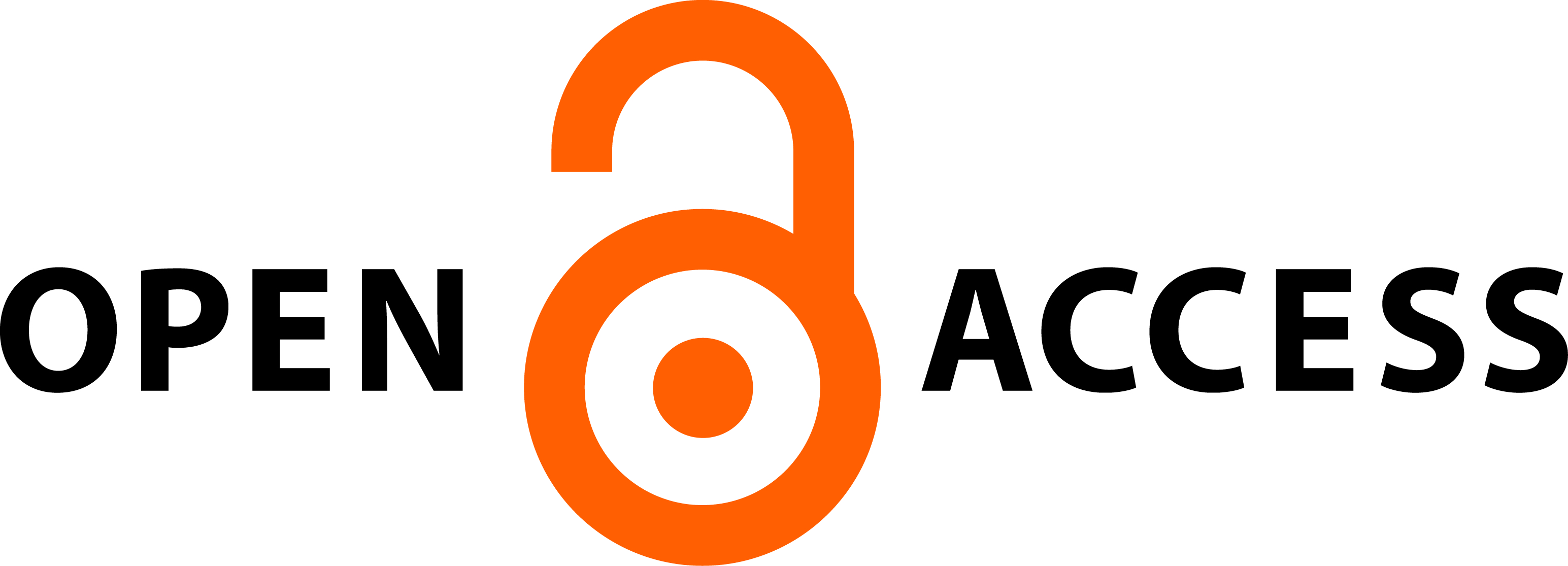Manajemen Partisipatif Warga Sekolah Dalam Pengembangan Budaya Religius Peserta Didik
DOI:
https://doi.org/10.21154/muslimheritage.v1i2.598Keywords:
participatory management, cultivation of values, religious cultureAbstract
Abstract: The religious culture is a form of religious teaching values that appear in the way a person behaves. In the context of educational institutions, religious culture appear in the organizational culture, followed by all the people in the school. So that the religious culture need to be developed through effective participative (participatory) management. Participative management is intended to empower the school community to the fullest involvement in the management of religious culture development programs. This study aimed to describe, analyze and explain the application of school community participative management in the development of religious culture of students in SMAN I Kwadungan. This study produced three findings: first, the development program of religious culture of learners are formulated based on the vision and mission of the school, which is further manifested in the six activities, namely: Islamic clothing (uniforms), giving smile, a greeting, obligatory prayer in congregation, Friday prayer, reading Al-Qur'an and infaq. Second, the application of participative management school community in the development of religious culture was done by involving people in schools ranging from decision-making, implementation, benefit to the evaluation. Thirdly, By applying participative management, school community gives a good response in the form of positive attitudes and actions, and fully contribute to supporting the development of religious culture.
Abstrak: Budaya religius merupakan wujud nilai-nilai ajaran agama yang tampak dalam cara berperilaku seseorang. Dalam konteks kelembagaan pendidikan, budaya religius tampak dalam budaya organisasi yang diikuti oleh seluruh warga di sekolah. Agar budaya religius benar-benar menjadi cara berperilaku baik individu maupun organisasi, perlu dikembangkan melalui manajemen partisipatif yang efektif. Manajemen partisipatif dimaksudkan untuk memberdayakan keterlibatan warga sekolah secara maksimal dalam pengelolaan program-program pengembangan budaya religius. Penelitian ini bertujuan untuk mendeskripsikan, menganalisis dan menjelaskan tentang penerapan manajemen partisipatif warga sekolah dalam pengembangan budaya religius peserta didik di SMAN I Kwadungan. Penelitian ini menghasilkan tiga temuan: pertama, program pengembangan budaya religius peserta didik dirumuskan berdasar pada visi dan misi sekolah, yang selanjutnya diwujudkan dalam enam kegiatan, yaitu: busana (seragam) Islami, memberi senyum, menyapa, sholat fardhu berjamaah, sholat jumat, membaca Al-Qur’an dan infaq. Kedua, penerapan manajemen partisipatif warga sekolah dalam pengembangan budaya religius dilakukan dengan melibatkan warga sekolah mulai dari proses pengambilan keputusan, pelaksanaan, memperoleh manfaat sampai dengan evaluasi. Ketiga, Dengan menerapkan manajemen partisipatif, warga sekolah memberikan respon yang baik yang berupa sikap dan tindakan positif, serta berkontribusi dalam mendukung pelakasnaan pengembangan budaya religius peserta didik.
Downloads
Published
Issue
Section
License
Requirements to be met by the author as follows:
- Author storing copyright and grant the journal right of first publication manuscripts simultaneously with licensed under the Creative Commons Attribution License that allows others to share the work with a statement of the work's authorship and initial publication in this journal.
- Authors can enter into the preparation of additional contractual separately for non-exclusive distribution of a rich version of the journal issue (eg:post it to an institutional repository or publish it in a book), with the recognition of initial publication in this journal.
- Authors are allowed and encouraged to post their work online (eg, in institutional repositories or on their website) prior to and during the submission process, because it can lead to productive exchanges, as well as citations earlier and more severe than published works. (see The Effect of Open Access).















